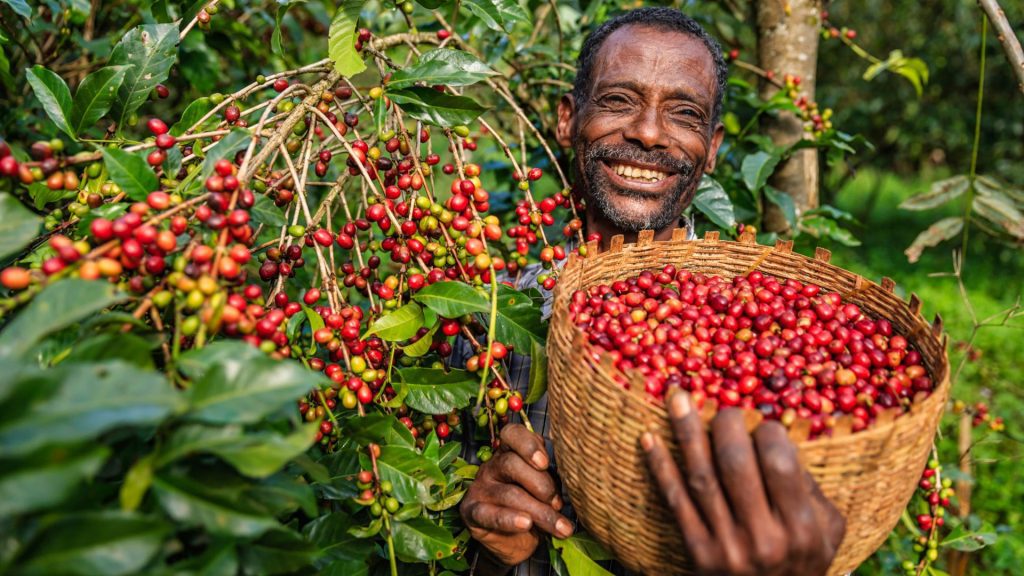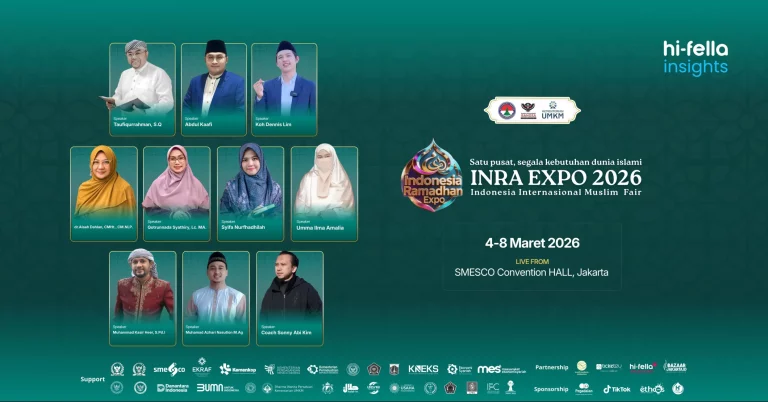East Africa, a region renowned for its breathtaking landscapes and diverse cultures, is also home to a treasure trove of natural resources. Investors, geologists, policymakers, researchers, and environmentalists are increasingly drawn to this part of the world to explore its vast wealth in resources. This article explores the abundance of natural resources in East Africa, their extraction, utilization, and the manifold challenges and opportunities they present for the region.
Natural Resources in East Africa
1. Minerals:
East Africa’s geological diversity is a gold mine, quite literally. The region boasts an abundance of valuable minerals, and among them, gold shines brightly. Tanzania, in particular, stands out as one of the world’s largest gold producers. This not only places Tanzania on the global mining map but also makes it a hotspot for mining investments. According to a study by Yue et al. in 2020, mineral extraction plays a pivotal role in East Africa’s economic growth, with gold being a significant contributor to the national GDP. This valuable resource holds the promise of substantial wealth generation, but its extraction and management must be conducted sustainably to ensure both economic benefit and environmental responsibility.
2. Oil and Natural Gas
The East African region is not just rich in minerals; it also holds significant reserves of oil and natural gas. Countries like Kenya and Uganda have become attractive destinations for foreign investors keen on exploration and extraction. The economic implications are enormous, with the potential to transform these nations into energy exporters, reducing their dependence on imports and bolstering their economic stability. However, the pursuit of these resources also poses environmental challenges. Kumar’s research in “Impacts of Plastic Pollution on Ecosystem Services” highlights the adverse environmental consequences of plastic pollution caused by oil extraction. This underscores the urgent need for sustainable practices and environmental safeguards in the oil and gas sector. Balancing economic prosperity with environmental stewardship is a critical challenge in this domain.
3. Agriculture and Forestry
Agriculture forms the backbone of East Africa’s economy. The fertile soils of the Rift Valley and the highlands facilitate the cultivation of a wide range of crops, including coffee, tea, and bananas. These crops are not just sources of sustenance and income for the local population but also vital exports that contribute to the region’s economic development. However, it’s crucial to note that sustainable practices and policies are imperative to prevent over-exploitation of these resources. Ardoin’s research on environmental education outcomes emphasizes the importance of responsible resource management to protect the agricultural wealth of the region. Additionally, forestry plays a vital role in East Africa. The region is home to extensive rainforests and a diverse range of tree species, which are essential for biodiversity preservation and climate change mitigation. Proper forest management is crucial to maintaining these valuable resources.
4. Wildlife
East Africa’s rich biodiversity and iconic wildlife are globally renowned. Safaris that allow tourists to witness the majestic animals in their natural habitats are a significant attraction. These tourists contribute significantly to the region’s economy. Safeguarding this ecological wealth is not only an environmental but also an economic imperative. Conservation efforts and sustainable tourism practices are essential to ensure the long-term preservation of East Africa’s unique and diverse wildlife. Responsible tourism and wildlife management are key to maintaining this natural wealth and ensuring the sustainable development of the region.
East Africa’s natural resources offer immense opportunities for economic development and growth. However, it is imperative to balance these opportunities with responsible and sustainable resource management to ensure the prosperity of the region while safeguarding its environment and unique biodiversity.
Foreign Investments and Partnerships
Foreign investments have played a pivotal role in the extraction and processing of East Africa’s natural resources. Countries like China, the United States, and European nations have invested in mining, oil exploration, and agribusiness in the region. These partnerships bring capital and technology but also raise questions about resource governance and equitable benefit-sharing.
Geopolitical and Economic Implications
The geopolitical and economic implications of East Africa’s natural resources extend beyond national borders. The region’s resources are in high demand globally, making it a key player in the global economy. The quest for these resources has sparked geopolitical rivalries and international collaborations, affecting trade dynamics and alliances in the region.
In conclusion, East Africa’s natural resources are a double-edged sword. While they offer immense economic opportunities, they also pose environmental challenges and geopolitical complexities. Responsible resource management, sustainable practices, and equitable benefit-sharing are essential to ensure the region reaps the rewards without compromising its environment and social fabric.
Explore the possibilities in East Africa’s resource-rich landscape and stay updated on the latest developments with Hi-Fella.com, connecting buyers and sellers in this burgeoning market.








